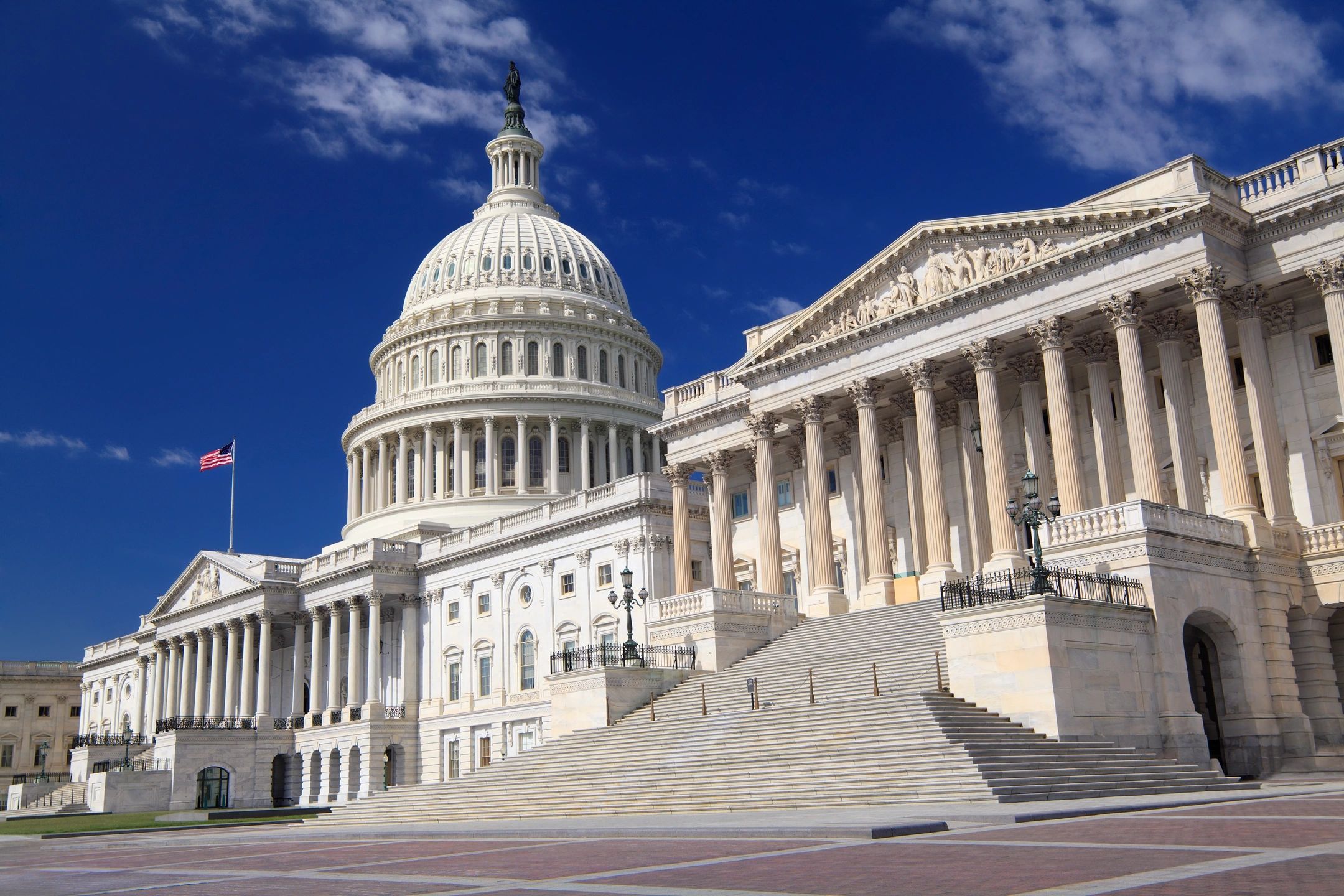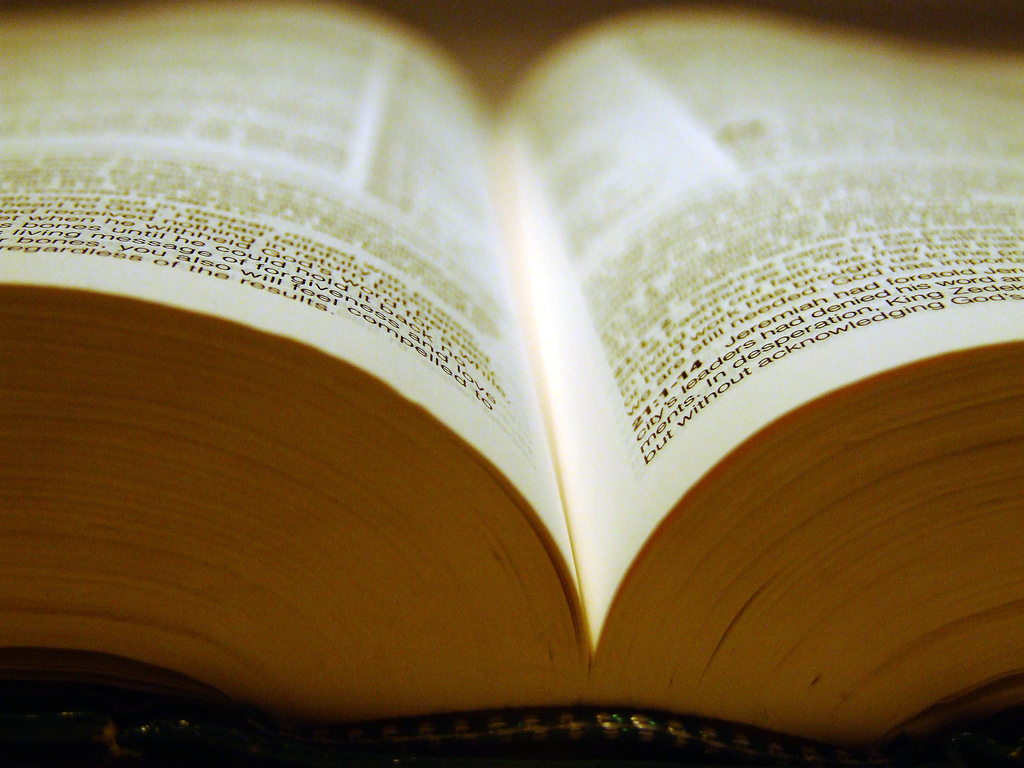Everybody wants security. In the eighties, security meant having money. In the nineties, it meant owning a home. On the turn of the century, security meant winning a war on terror. Now, security is about having a political system that secures all our needs – healthcare, education, and even jobs. Political security of this kind is only achieved when governments become the source of some or all of the more valuable goods in society. But can a human system of government achieve that kind of security for its people?
Just like every other quest for a human-made source of security, the search is in vain. When one puts all one’s hope in political security, it will always disappoint. It is like sugar, an empty calorie. I heard someone remark that we need another “-ism”, a great, totalizing political worldview. I am now old enough to remember the fall of the last great ism, a barbarous, dehumanizing system in which every need was supposed to be met by the state. But instead of meeting needs, communism determined needs. It told the people: “you need what we tell you to need.”
We sometimes think there are people who know how to manage the world, spread its resources just right so that no one is unhappy. Such people are like a mirage – from a distance they look promising, but when we get close, there is nothing there. We live in a modernist hangover in which we think that if we just get the right person, we could push stuff around so that no one goes unfed, uneducated, unloved, or unemployed. The hangover is worse than the night before because while modernity was filled with optimism about our grandiose ideologies–a kind of drunk-happy–its hangover is neither optimistic nor happy. Indeed, ideologies of our age are fueled by the kind of rage hangovers are known for: if an ideology sticks it to the enemy, then it’s worth having no matter the cost.
We think there might be a political system for which we are a perfect fit. But no political system is a perfect fit. These sorts of utopian-aimed political systems are like poorly made chairs – it is only when we try to sit on them that we realize they won’t hold our weight. Try fitting a humanist into communism or a Jew into fascism. The only way they fit is by suppressing their freedom or killing them. There is no romance in the reality of the 20th centuries political ideologies, there is only death and tears. Of course, as time goes on, our memories photoshop the bad bits making them seem honorable. Hollywood versions of Che and Fidel are like their mafia movies – a romanticizing of evil.
Political security is also infuriatingly elusive. The search for it is like trying to catch a newt – just when you think you’ve got it, it slips away. We think that just one more election will do it; one more revolution will bring in a new day.
Not only is it impossible to create, it is also very difficult to know what it is. What do we mean political security? In this way, it is like time – everybody always talks about it, but no one really knows what it is.
Not knowing how to get it or what exactly it is doesn’t stop us reaching for it. somehow we keep on trying to create utopia. It is like the perfect practical joke – everybody always falls for it.
History teaches us that political security is an uncommon good, something that never seems to last very long and usually doesn’t happen easily. According to Van Doren, the Roman Empire only achieved 26 years of actual strife-free prosperity and peace! So, even when the going is as good as it gets, it doesn’t last long!
Now I have been thoroughly pessimistic about our ability to provide security through human government, I would like to provide some hope about a different kind of government.
Psalm 72 is a prayer of Solomon for the coming Messiah king. The kind of rule that Solomon is praying for is important because it describes the kind of rule that the Messiah will bring. Solomon’s prayer is not a vain hope but a sure thing. It is akin to our prayer ‘thy kingdom come’ – we are sure that it will, but we pray for it also.
Solomon begins by requesting that the Messiah would judge the people justly, Bring peace to the people, vindicate the people, save the people, and crush the peoples’ oppressor:
Give the king Your judgments, O God,
And Your righteousness to the king’s son.
May he judge Your people with righteousness
And Your afflicted with justice.
Let the mountains bring peace to the people,
And the hills, in righteousness.
May he vindicate the afflicted of the people,
Save the children of the needy
And crush the oppressor.
This depicts the Messiah’s reign. Isaiah 11:1-16. For example, verse 4 reads: “But with righteousness He will judge the poor, And decide with fairness for the afflicted of the earth; And He will strike the earth with the rod of His mouth, And with the breath of His lips He will slay the wicked.”
Solomon then prays for the Messiah’s Eternal and Secure Reign:
Let them fear You (or a better version, ‘May he continue’ LXX) while the sun endures, And as long as the moon, throughout all generations. May he come down like rain upon the mown grass, Like showers that water the earth. In his days may the righteous flourish, And abundance of peace till the moon is no more.
Solomon is praying for an eternal reign (as long as the sun and the moon exist, from generation to generation) and a secure reign (rain waters the crops and brings abundant life).
Notice Solomon’s description of God’s care for his people through the Messiah. God means not only to save his people but to provide for them, to care for them, to provide the security they need.
Isn’t this our contemporary problem? We require a political security, some governance that secures our needs so that we need not worry where our next paycheck will come from. A call for universal basic income is this kind of security – we won’t have to worry about income because our government will eternally secure it.
The Messiah will be such a king as to provide eternal security of income to his people. They will not worry about the bounty of the harvest.
Next, Solomon prays that the Messiah king will rule over all the earth:
May he also rule from sea to sea and from the River to the ends of the earth. Let the nomads of the desert bow before him, and his enemies lick the dust. Let the kings of Tarshish and of the islands bring presents; The kings of Sheba and Seba offer gifts. And let all kings bow down before him, all nations serve him.
From sea to sea, to the ends of the earth, everyone will recognize the king: The nomads of the desert, all kings, all nations, and even his enemies will recognize his rule. His enemies will recognize his rule in their defeat (cf. Gen 3:14-15). The reference to the Kings of Tarshish and the islands are probably be a reference to Tartessus in Spain, but was often used to talk about extremely long voyages (like saying ‘he went to Timbuktu’). The Isles or coastlands were synonymous with the ends of the earth (cf. Is 42:10).
Solomon says that the Messiah’s reign will be characterized with compassion:
For he will deliver the needy when he cries for help, the afflicted also, and him who has no helper. He will have compassion on the poor and needy, and the lives of the needy he will save. He will rescue their life from oppression and violence, and their blood will be precious in his sight;
This is a beautiful picture of the Messiah’s reign. In the gospels we get a glimpse of the kind of compassion the Messiah brings. Our desire for a compassionate ruler can only be fulfilled in the King who has the kind of compassion we need. While our mere human sentiment runs low, the Messiah’s compassion for his people is unending.
So may he live, and may the gold of Sheba be given to him; And let them pray for him continually; Let them bless him all day long. May there be abundance of grain in the earth on top of the mountains; Its fruit will wave like the cedars of Lebanon; And may those from the city flourish like vegetation of the earth. May his name endure forever; May his name increase as long as the sun shines; And let men bless themselves by him; Let all nations call him blessed.
The Messiah’s reign will be incredibly prosperous. According to Solomon, prosperity is marked by riches of gold being brought to the king. One might think of Matt 2:11: “After coming into the house they saw the Child with Mary His mother; and they fell to the ground and worshiped Him. Then, opening their treasures, they presented to Him gifts of gold, frankincense, and myrrh”
Furthermore, there will be an abundance of grain even to the tops of mountains, a heavy crop of fruit, and a flourishing population. Over everything will be a glorious king whose name endures forever, increases over time, and is invoked by the people as they bless one another (as the NET puts it, “May they use his name when they formulate their blessings!”).
Our human attempts to build universal totalizing human governments will not succeed in satisfying us in the way the Messiah’s reign will satisfy his people.





One Comment
Patricia Howell
This piece of writing gives clear idea for the new visitors of blogging, that actually how to do running a blog. gmail login email